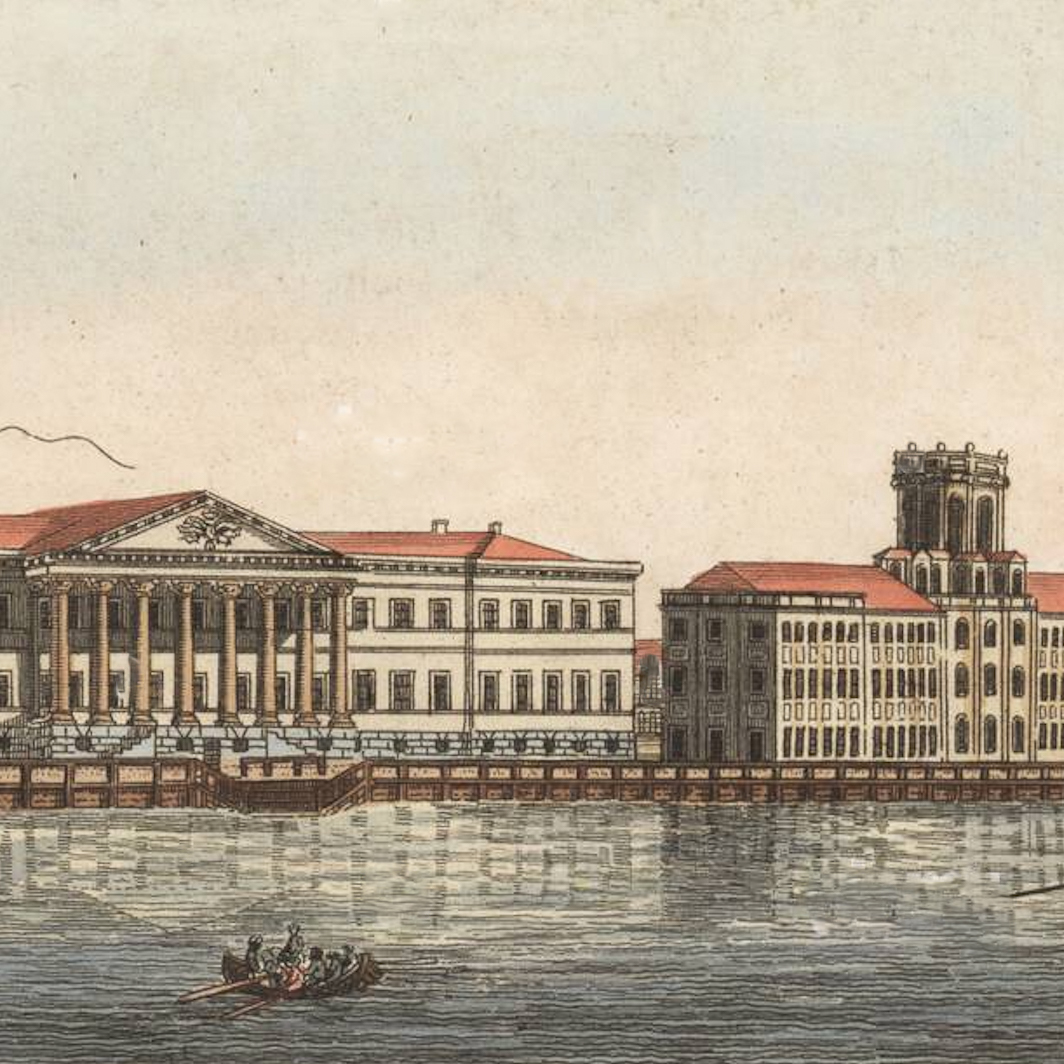Putin’s hostility to scientists is causing Russian brain drain
THE TIMES, 11 JUN 2024
Russia's brain drain is Britain’s gain. Yet the pursuit of knowledge, through global scientific collaboration, should transcend politics.
In Russia, it is no longer safe for scientists to work with foreign colleagues. This is the implication of reports that since 2015 a dozen Russian physicists have been arrested on charges of “high treason”. All were working in areas related to hypersonic technology, which underpins missiles that can travel five times the speed of sound. Yet the prisoners weren’t directly involved in weapons work. Their transgression was doing research with foreigners or publishing in foreign journals.
What an irony that this should coincide with the 300th anniversary of the Russian Academy of Sciences. Since it was founded by Peter the Great, this institution has been international in its outlook. Its first stars included the great Swiss physicists and mathematicians, Leonhard Euler and Daniel and Nicholas Bernoulli.
Recently, the London Institute for Mathematical Sciences hosted a conference on global scientific co-operation. Speakers included Sir Martyn Poliakoff, a foreign member of the Russian Academy. He observed that our Royal Society had a foreign secretary before our government did. Science understood the importance of internationalism before politics.
Putin claims to understand its importance. At the tricentennial gala in February, he praised the academy’s “foreign colleagues” who “co-operate with us” despite the sanctions of “people who obviously do not have an academic mindset”. Why, then, does he permit the arrest of physicists for working with these same foreign colleagues?
Such measures will only accelerate the talent migration that has seen many of Russia’s best scientists flee the country since the invasion of Ukraine in 2022. Of course, Russia’s brain drain has been Britain’s gain—above all at the London Institute, where we set up the world’s largest programme of fellowships for scientists affected by the war.
We quickly found that Russian businessmen driven out by the same regime were keen to help, among them the business titan Mikhail Khodorkovsky. Since falling foul of Putin in 2003 and serving ten years in prison, he has devoted himself to promoting education, holding the Kremlin to account, and now funding science.
This week we can announce that his charity, the Khodorkovsky Foundation, has raised its pledge of support to the London Institute to £2m. A new Khodorkovsky fellowship will allow outstanding Russian scientists to work with us in our rooms at the Royal Institution. There are some activities that should transcend politics, and foremost among them is the pursuit of knowledge.
Dr Thomas Fink is the Director of the London Institute for Mathematical Sciences.















